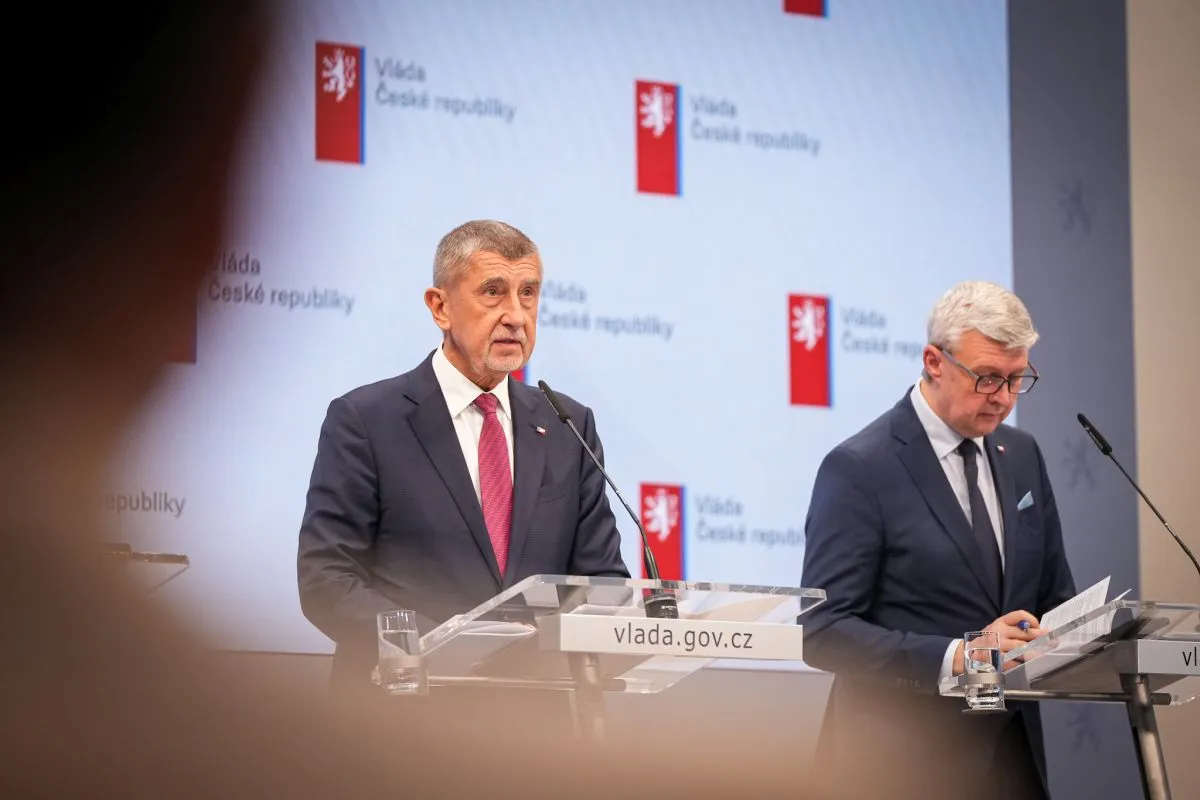
Czech Government Plans No Further Steps to Introduce the Euro Before Autumn Elections
The euro debate last year divided the governing coalition
Foto: Mika Baumeister | Unsplash
In his New Year’s address, Czech President Petr Pavel reignited the debate about the possible introduction of the euro. However, the government does not plan to take any further steps before the end of the legislative term. The opposition parties ANO, led by Andrej Babiš, and SPD have also signaled that they will not put the issue of introducing the euro on the agenda even after the parliamentary elections.
In his speech, President Pavel expressed support for adopting the euro, as he did last year. “The economic situation in our country is not bad overall. Even if we won’t have the same salaries as in Germany within a few years, it would certainly be beneficial for our future prosperity if they were paid in the European currency, as they are in Germany,” explained the head of state.
However, the issue will not be pursued further, at least until the end of the legislative term. While Pavel’s call last year triggered the first major government crisis, the coalition parties now agree that taking concrete steps towards adopting the single European currency does not make sense at present.
According to a report by the news channel ČT24, the coalition refers to an analysis by the government’s National Economic Council (NERV). Among other findings, the analysis recommends preparing for euro adoption only if a majority of the population supports it. However, a Medián survey conducted for Czech Radio in January last year showed that Czechs remain skeptical. Two-thirds of respondents were either strongly or somewhat opposed to adopting the single currency. Only about one-fifth viewed a switch to the euro favorably.
Last year’s euro debate caused significant divisions within the governing coalition. While STAN, TOP 09, and the KDU-ČSL support euro adoption, the ODS remains far more cautious.
Opposition parties ANO and SPD have also confirmed they will not pursue the euro issue after the upcoming autumn elections.
Despite the differing stances among the political parties, there is consensus on one point: the euro will be a key issue in the campaign for the Chamber of Deputies elections this autumn (Volby do Poslanecké sněmovny 2025).
More from Featured


Political Restart in the Czech Republic: New Government Adopts Policy Agenda

